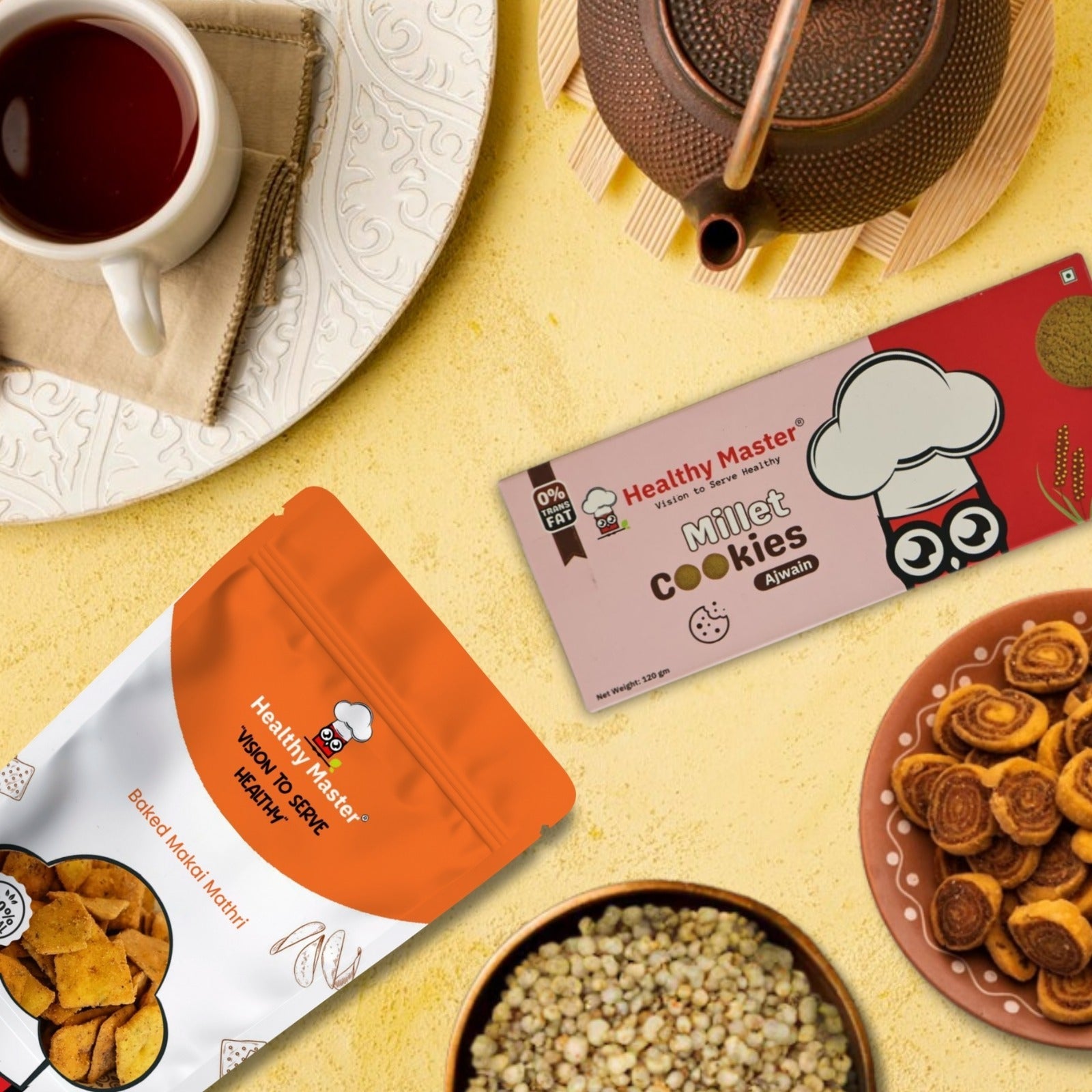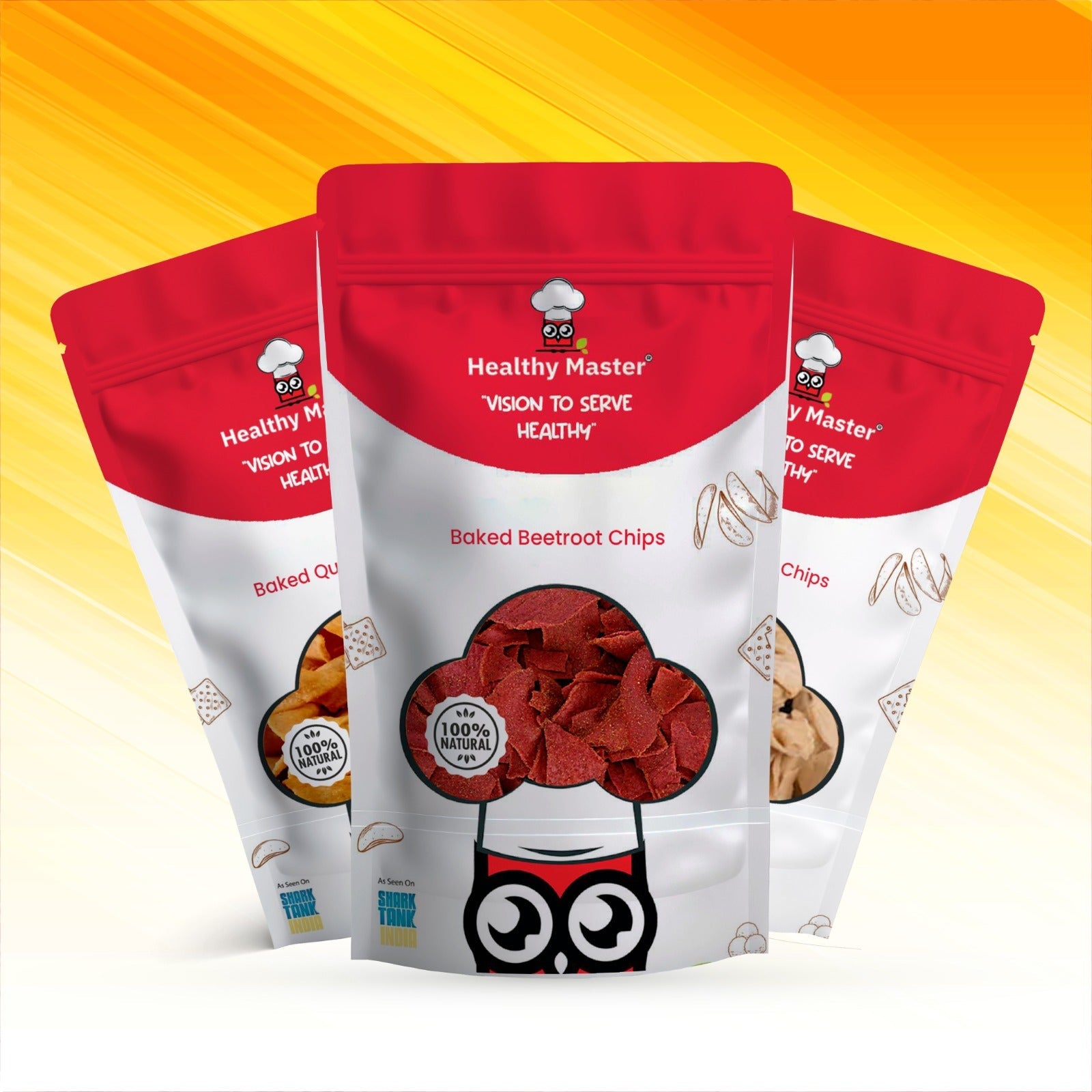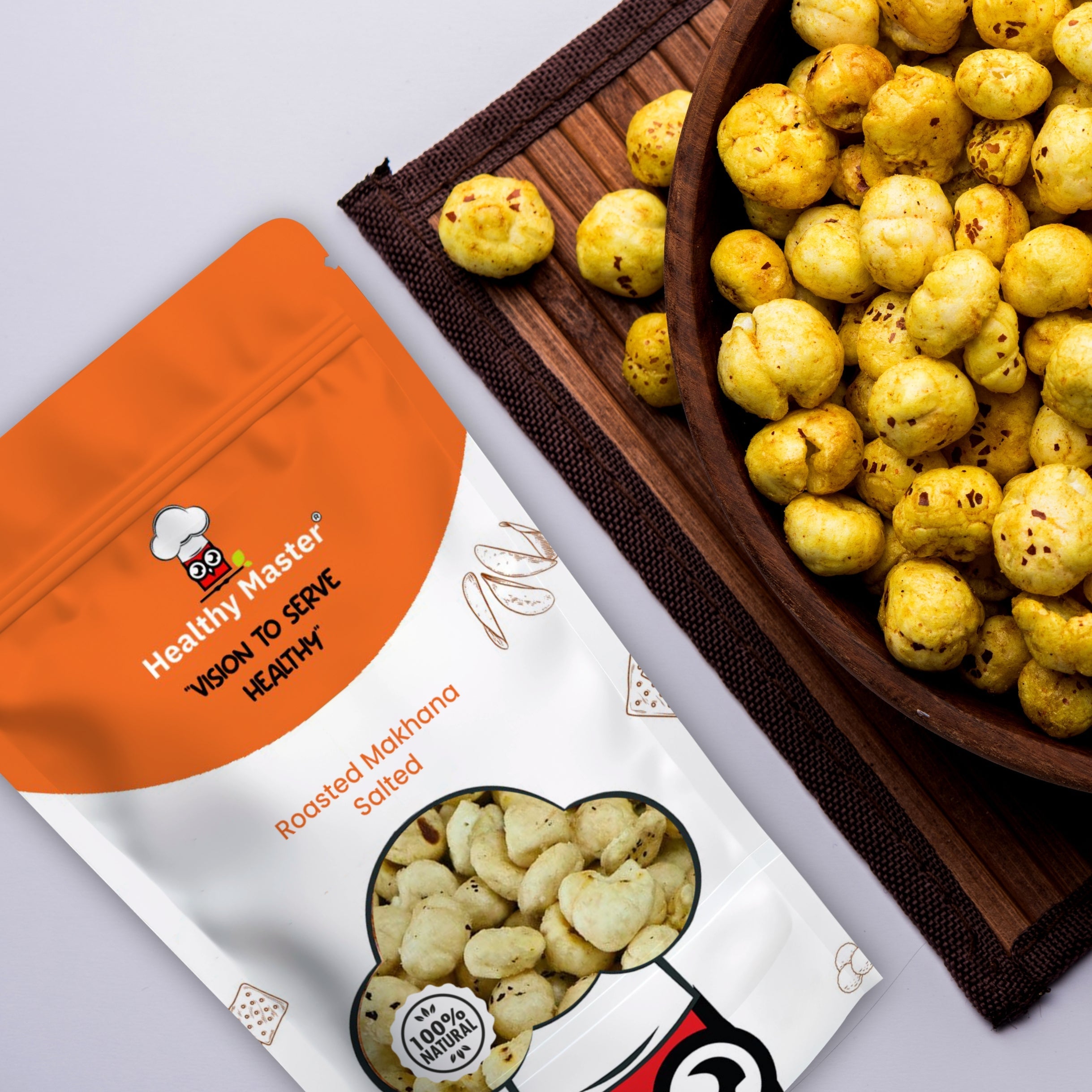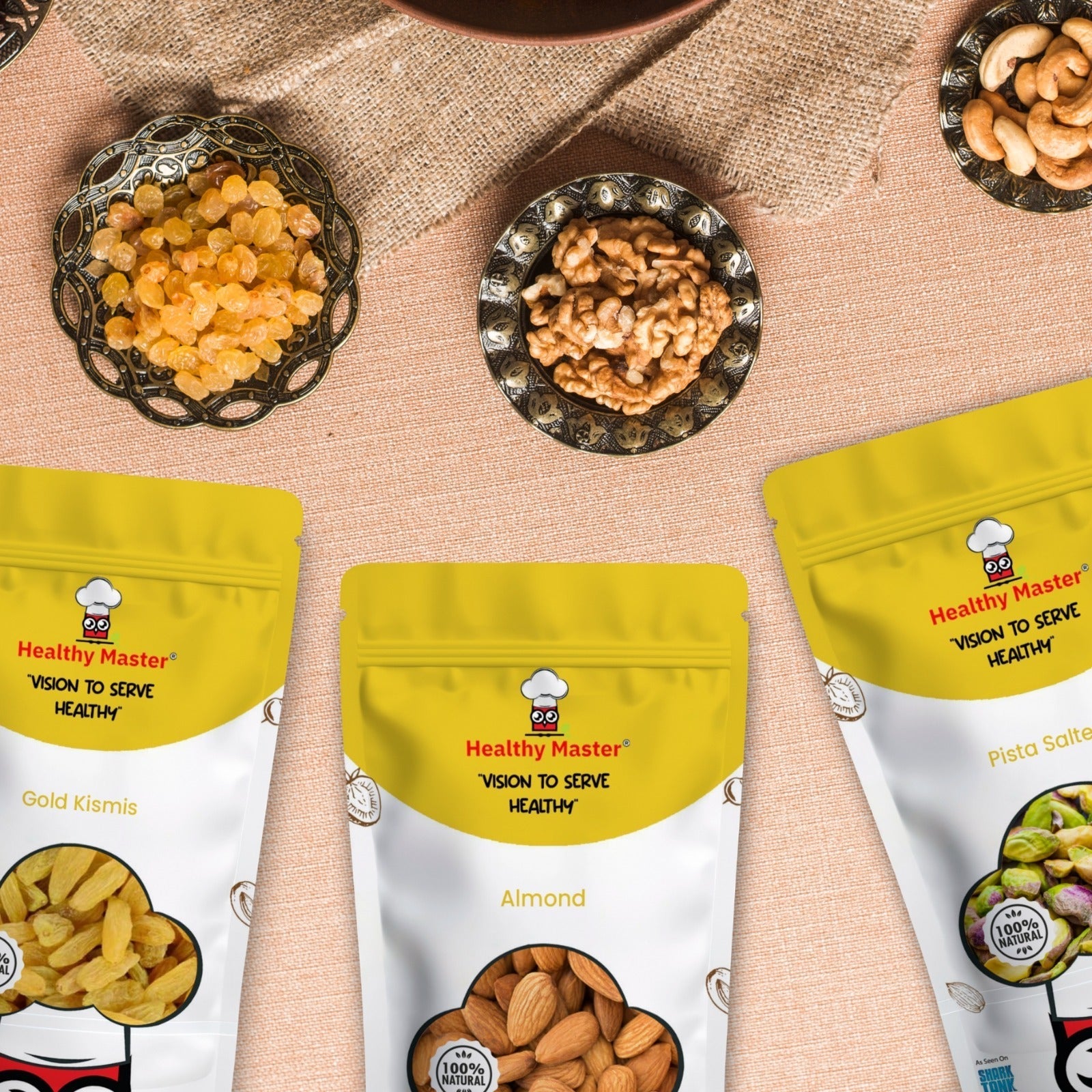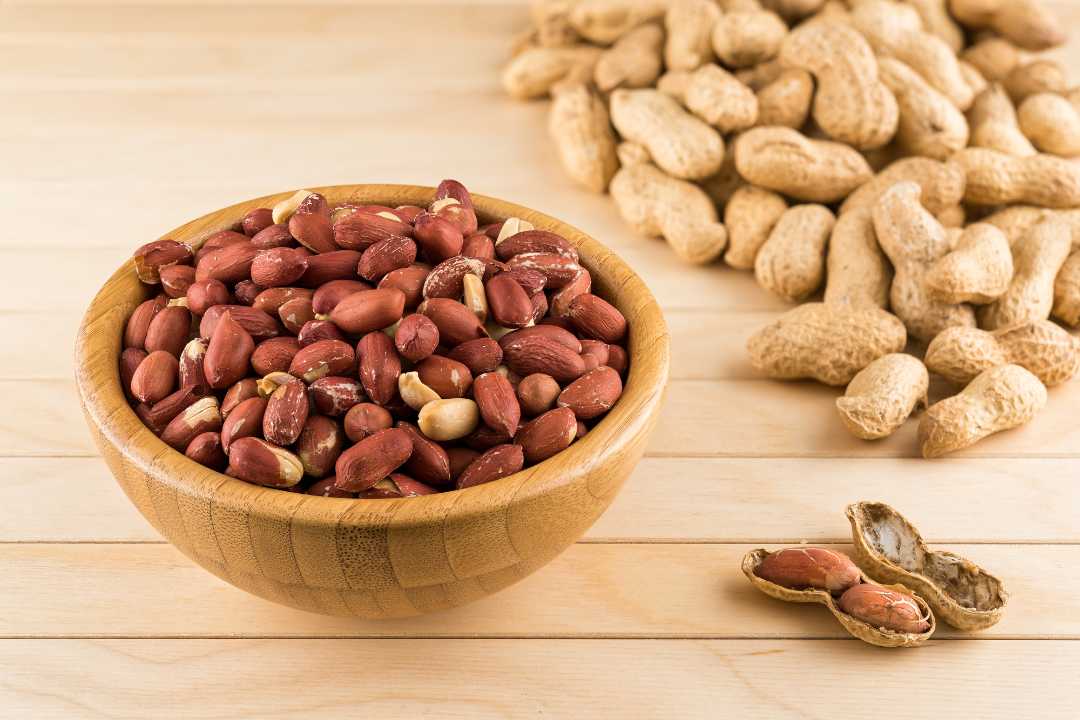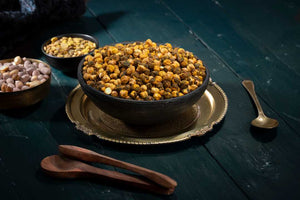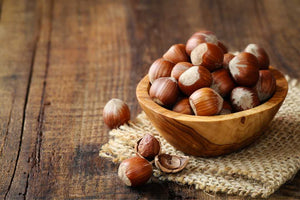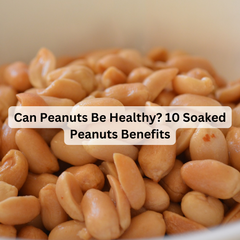Pregnancy is a beautiful journey. On this journey, you have to be extremely cautious about what to eat and avoid. While dry fruits and nuts are typically included in the suggested diet, many mothers-to-be are concerned about whether they should eat peanuts during pregnancy or not. It is important to note that you can consume peanuts during pregnancy if you are not allergic to peanuts.
Continue reading to learn about the benefits of eating peanuts as well as the precautions that must be followed.
Also Read: Health Benefits of Eating Almonds in Pregnancy
5 Health Benefits of Eating Peanuts During Pregnancy
Eating peanuts is good for pregnancy as they are loaded with vitamins (B1, B4, B5, B6, C, E) and various minerals like calcium, magnesium, iron, and potassium. Furthermore, they are packed with protein and folate, both of which must be part of every pregnant woman's diet.
- A pregnant woman needs to protect herself from the flu and other common seasonal ailments. Consuming peanuts during pregnancy protects the pregnant woman from these flus as peanuts are high in natural fats, antioxidants, and vitamins, particularly vitamins B and E.
- A pregnant woman must include manganese in her diet, as manganese plays an important role in bone formation in babies. One of the ways to add manganese is by eating peanuts, which are a rich source of manganese.
- Digestion issues and constipation are common troubles faced by mothers-to-be in pregnancy. Peanuts' high fibre content gives relief from constipation and gastrointestinal troubles.
- During the pregnancy phase, the body of the mother-to-be needs to create more blood to support the baby's growth. However, if you do not acquire enough iron, your body will be unable to do so properly, resulting in anemia. To mitigate this risk, pregnant women must consume enough iron, and peanuts are an excellent source of iron. As a result, peanuts should be a part of your pregnancy diet if you are not allergic to them.
- If you are underweight in your pregnancy, it is recommended that you increase your weight naturally by eating a moderate amount of peanuts. Peanuts are high in calories and help you gain a healthy weight.
Also Read: Health Benefits of Eating Cashews in Pregnancy
Also Read: 7 Dry Fruits & Seeds That Increase Hemoglobin
3 Side Effects of Peanut/Peanut Butter in Pregnancy
1. Increase Blood Pressure
Consumption of salted peanuts in excess raises blood pressure. Consuming unsalted nuts in moderation, on the other hand, can help decrease blood pressure.
2. Contain Saturated Fats
Excessive consumption of peanuts results in increased levels of saturated fat in the body. As a result, it may cause heart problems, digestive problems, high blood pressure, and other difficulties.
3. Possibility of Weight Gain
While peanuts might help you gain healthy weight, eating too much of them can lead to excess weight gain.
You should avoid eating peanuts in pregnancy if you are overweight or experience digestive problems, such as nausea and loose stools.
Is Peanut Butter Safe to Eat in Pregnancy?
It is a frequently asked question. The answer to this is yes. As long as you don't have a history of a peanut allergy, you can consume any dish that contains a decent quantity of peanut as an ingredient. Spread some peanut butter on your sandwich and enjoy it as a great evening snack.
Also Read: Benefits of Eating Walnuts in Pregnancy
Conclusion
A well-balanced diet, including fruits, vegetables, rice, wheat, milk, nuts, pulses, and other foods, is advised for pregnant women. You can get the vital elements that come from peanuts. To find out if you can consume peanuts and to clarify the serving size based on your weight and the overall status of your pregnancy, you must consult your gynecologist. Once your gynecologist gives approval, buy premium quality peanuts from Healthy Master.
Also Read: 10 Healthy Snacks For Every Pregnant Woman
 Deal of the week : Trial Snack Box - 18 Wholesome Delights Just at ₹ 899.00
Deal of the week : Trial Snack Box - 18 Wholesome Delights Just at ₹ 899.00


